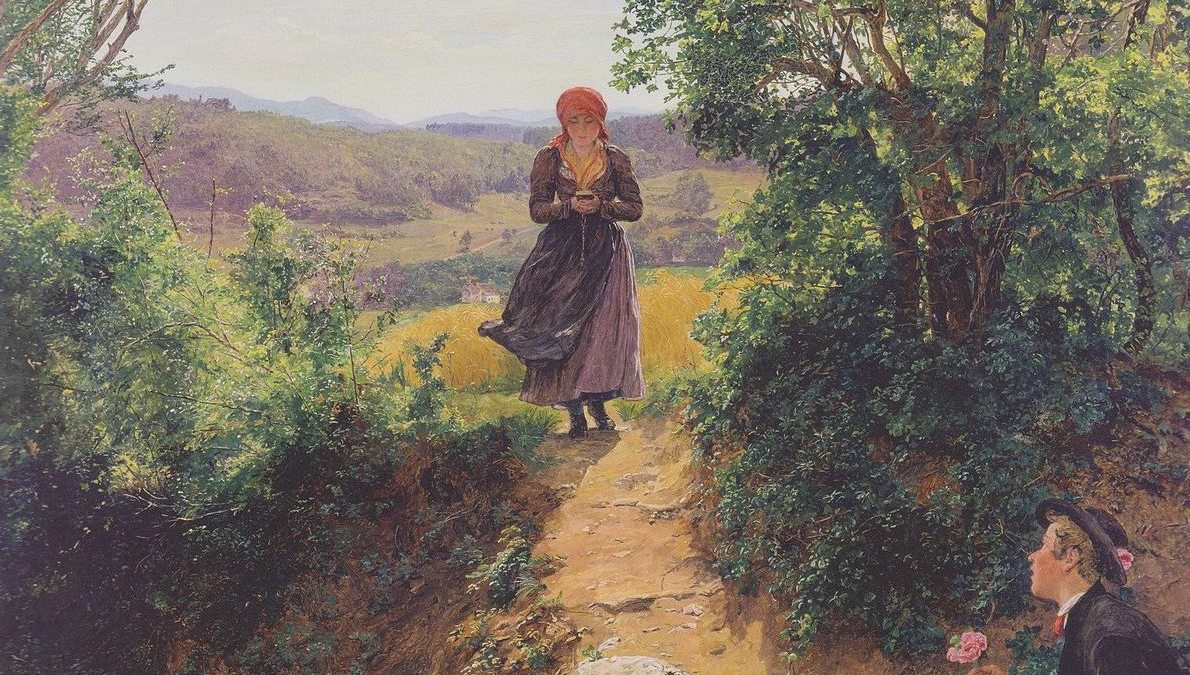
Whether or not you are into science fiction, you simply cannot say no to a good book that has a bit of realism into it. Historical science fiction involves science fiction that goes to the past – usually more than a century. The plot is incredible and brings in a bunch of what ifs. For instance, time travel is one of the most common ideas in this genre – and face it, who would not want to travel back into the past? All in all, here are some of the best historical science fiction books to explore your imagination.
What Are The Best Historical Sci-fi Books?
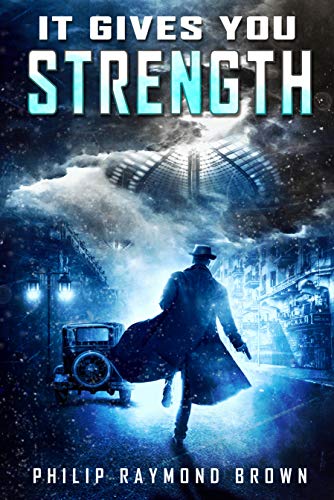
It Gives You Strength, by Philip Raymond Brown
The action takes place in 1926 and follows Tashan Zho’s story. He is an alien scientist with a mission. He finds a dead body and gets into it to use as a host and walk freely among humans, so his method of disguise makes him impossible to be detected.
However, the body is ravaged after many years of alcoholism, so the alien loses much of its memory. He only remembers he has to find Mike Kelly, without having any clues about who this individual is or what he does.
Mike Kelly is a gang leader involved in the rum running market during the prohibition. He is the only individual on the planet who can help Tashan complete his mission, which involves rescuing an alien child. The alien has to complete the mission by the book or an army on aliens will need to do it instead.
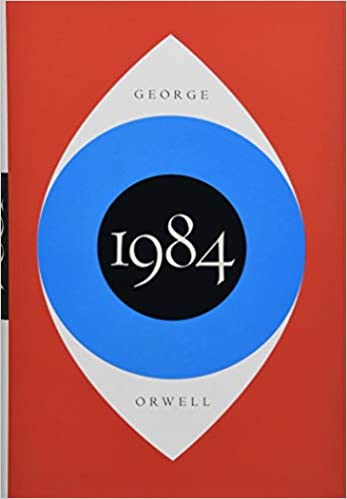
Nineteen Eighty-Four, by George Orwell
This book came out in 1949 and it was a distorted idea of what the future would look like. It introduces readers to a futuristic purgatory and all kinds of elements that simply make no sense. What is haunting about this historical science fiction book is the fact that many of those predictions are actually true these days.
The book brings in a dark vision of totalitarianism, as well as the difficulty associated with bureaucracy. Moreover, the author describes people’s difficulties in the attempt to discover individuality and stand out in the crowd, which is pretty difficult these days.
Meant to represent a modern version of hell, this book has some realistic ideas that have actually come true. Television is omnipresent and can influence points of view, while modern language is more and more distorted. It sounded dramatic half a century ago, but it will sound even worse if you read it now.
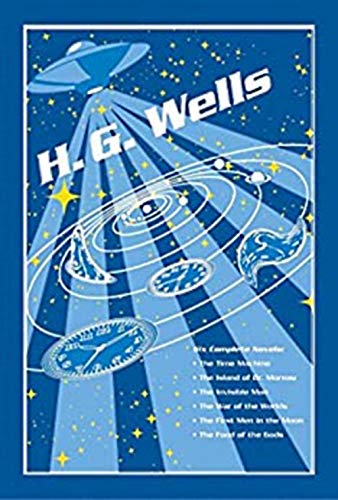
The Time Machine, by H. G. Wells
The Time Machine is the kind of book that will make everyone’s dream come true, as well as the book that gave the author a well-deserved reputation as a science fiction pioneer. The story follows a brave explorer throughout time – both the past and the future.
The protagonist tries his luck in the past by pushing to change a few unhappy incidents, only to realize that it is impossible. As he explores the future, he ends up years ahead, where the planet is slowly dying due to humans – furthermore, there are only two races left on the planet.
The Eloi represent the race on the surface, while the underground Morlocks are the evil alternatives. The book has some hidden meanings as well. The two races represent the human nature and its duality, as well as how it can ruin lives in the future.
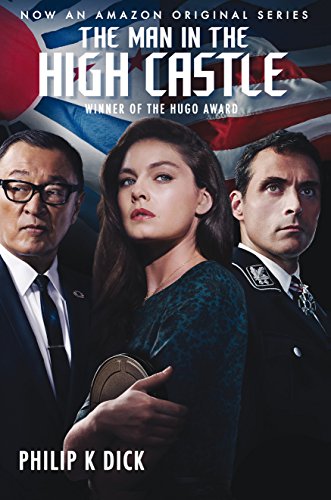
The Man In The High Castle, by Philip K. Dick
What if? There are many what ifs in this book and each of them comes with incredible plot twists. Imagine the USA in 1962. Americans lost a war, so it is now under Nazi and Japanese occupation. Many things are back to what they were before the war.
For instance, slavery is part of the game and perfectly normal. There are a few Jews left, but they hide and disguise to survive. The I Ching masterpiece is more popular than the Yellow Pages and the list can go on – there are many things that would make no sense today.
The historical science fiction book presents a new society – the type of society that could have become a bad dream. History could be a nightmare and believe it or not, the world was fairly close to reaching such a scenario more than seven decades ago.
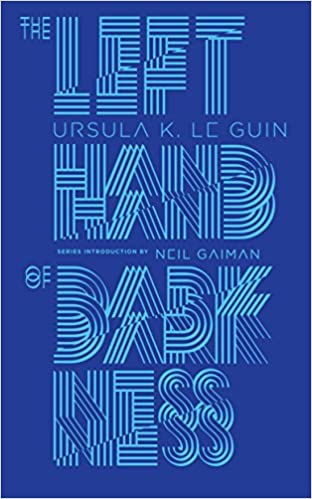
The Left Hand Of Darkness, by Ursula K. Le Guin
The Left Hand Of Darkness takes readers to an unusual world and challenges them to see things from a neutral point of view, even when they fail to make sense. The story follows a human emissary who needs to visit Winter, a planet with unusual rules.
The alien planet allows its inhabitants to change their gender. While the world is trying to be part of a larger intergalactic group, all these differences make it quite difficult. However, the human emissary must research potential solutions.
The problem is that he has to overcome his own thoughts and ideas in order to be objective. From this point of view, this might be the most comprehensive book in terms of intellectual science fiction – something that anyone could learn from.
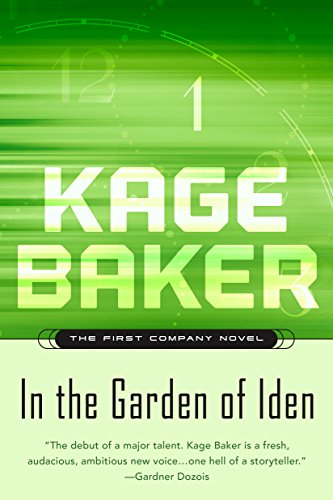
In The Garden Of Iden, by Kage Baker
Mendoza does not seem to enjoy her new mission too much. She must save a species of holly from extinction. Ilex tormentosum is extinct in today’s society, but Mendoza is sent back in time – about 100 years before the actual extinction.
Ending up in Renaissance England, she discovers a dangerous and cold place where it always rains. Food is terrible, flush toilets are nowhere to be found and Shakespeare is not even born, so nothing is too exciting about this trip.
To make this trip even worse, the English hate the Spanish. Mendoza needs to preserve the holly for Dr. Z and a future civilization. Will she manage to complete her mission? Will she make it back without getting harmed?
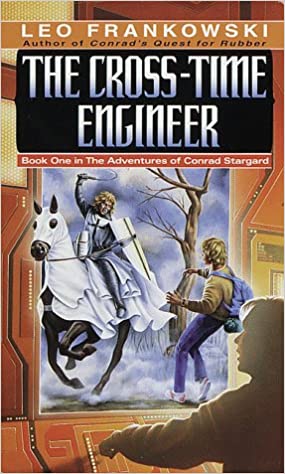
The Cross-Time Engineer, by Leo Frankowski
This historical science fiction book shows just how much one’s life could change out of nowhere. Conrad Schwartz likes drinking and hiking. He ends up hungover in a beautiful hiking expedition around Polish mountains. One thing leads to another and he ends up meeting a solitary hermit in the middle of nowhere.
More bizarre events occur and things stop making sense at some point. Sooner or later, Conrad realizes that he is no longer in modern Poland. Instead, he is somewhere in the 13th century – no idea how he got there and no clues how to get back to reality.
Even worse, medieval Poland is exposed to a series of dangers. Mongols are close to invading it. Chances are it will disappear within a decade if nothing is done. Conrad has a new mission now and has to turn this country into one of the most powerful empires in the world. Will he succeed?
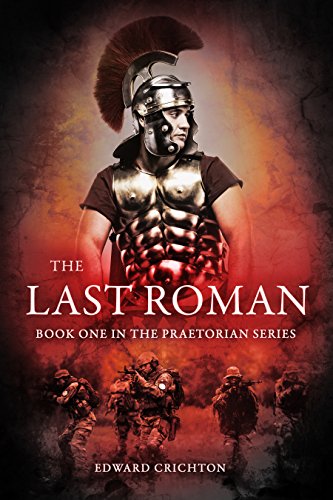
The Last Roman, by Edward Crichton
Jacob Hunter is sent to Syria to annihilate a crazy terrorist leader with lots of biological weapons on his hands – nothing special for someone who has spent years fighting in wars across the world. However, while this mission seems quite predictable, Jacob soon realizes that things could easily go wrong.
Jacob discovers a trinket that makes no sense. It challenges his rational thoughts, yet he touches it, driven by curiosity. Pain spreads around the team in a second. A flash of light kicks in and they end up in a completely different place. It does not take long to realize that they are in ancient Rome.
Realizing that they will cause irreparable damage to history, the group needs to find a way to come back, but also to survive. Jacob ends up meeting people who he knew from his history books and he knows that every interaction could be the last one.
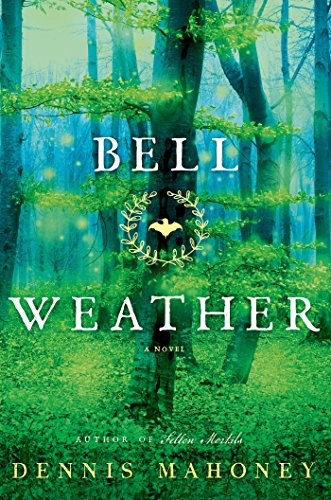
Bell Weather, by Dennis A Mahoney
Nothing beats a good plot set in a wonderful world. Tom Orange cannot walk by when he sees a woman in the flooded Antler river. He rescues her and he feels something about her. Not knowing her, he knows that somehow, there is more to this interaction that just a simple good deed.
Initially, the young woman cannot remember anything and the small community of Root swarms with theories and rumors. Eventually, the local doctor finds out her name is Molly. However, Molly’s vision is not too light – she sees and imagines things that may or may not be true.
As darkness falls upon the town, Molly’s past chases her throughout the present. It is a voyage she hoped she would survive without any links to the past – wrong. Molly and Tom will now have to decide on their fate. They can survive in two different worlds or they can risk everything together.
Final Thoughts On The Best Historical Science Fiction Books
Bottom line, a bit of history, time travel, irrational happenings and science fiction will always work wonders when mixed the right way. Any of the above titles can make it among the best historical science fiction books, yet the list could go a bit longer.
If you are looking for a similar hence more history focused approach check out our favorite alternate history books.
